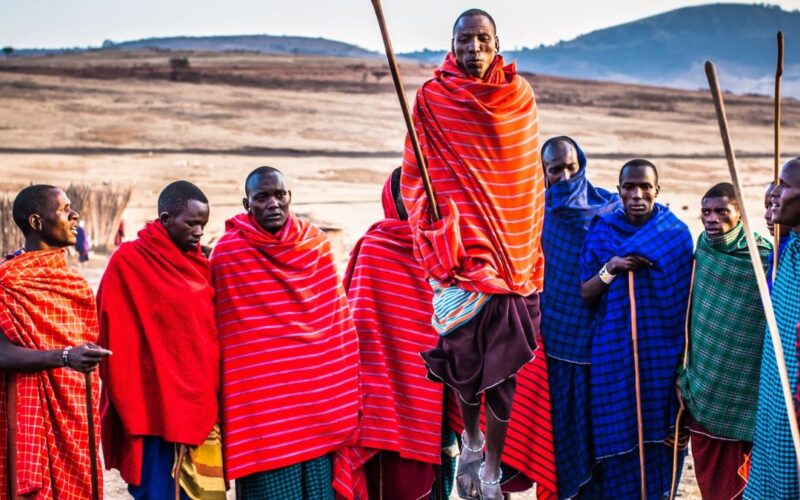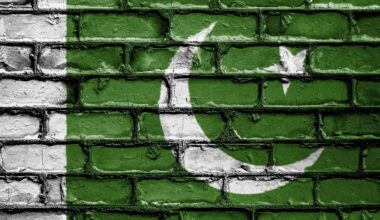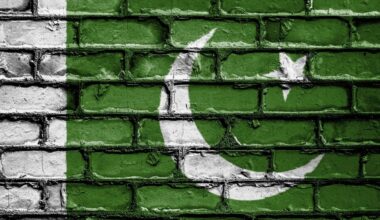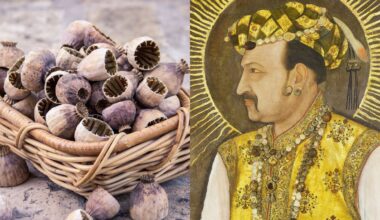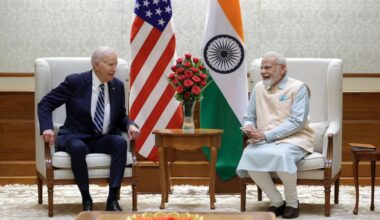Africa, the second-largest continent on Earth, is often dubbed the “cradle of humanity,” boasting a rich tapestry of cultures, landscapes, and biodiversity. Yet, beneath its surface of natural wealth lies a paradox that perplexes economists, policymakers, and observers alike: a continent abundant in resources but plagued by widespread poverty.
Rich Resources, Impoverished People
From the vast mineral reserves of the Democratic Republic of the Congo to the fertile agricultural lands of the Nile Delta, Africa is endowed with an array of natural resources that would seemingly provide the foundation for prosperity and development. However, the reality is starkly different, with many African nations grappling with high levels of poverty, inequality, and underdevelopment.
Legacy of Colonialism and Exploitation
One of the primary reasons for Africa’s paradoxical situation is the historical legacy of colonialism and exploitation. For centuries, European powers exploited Africa’s resources, from gold and diamonds to ivory and rubber, enriching themselves at the expense of indigenous populations. Although colonialism formally ended decades ago, its impact continues to reverberate through Africa’s economies and societies.
The Resource Curse: Exacerbating Poverty and Inequality
The extraction of natural resources often benefits foreign corporations and elites, while the majority of the population sees little to no benefit. This resource curse, also known as the paradox of plenty, exacerbates poverty and inequality, leading to a situation where a nation’s wealth fails to translate into improved living standards for its people.
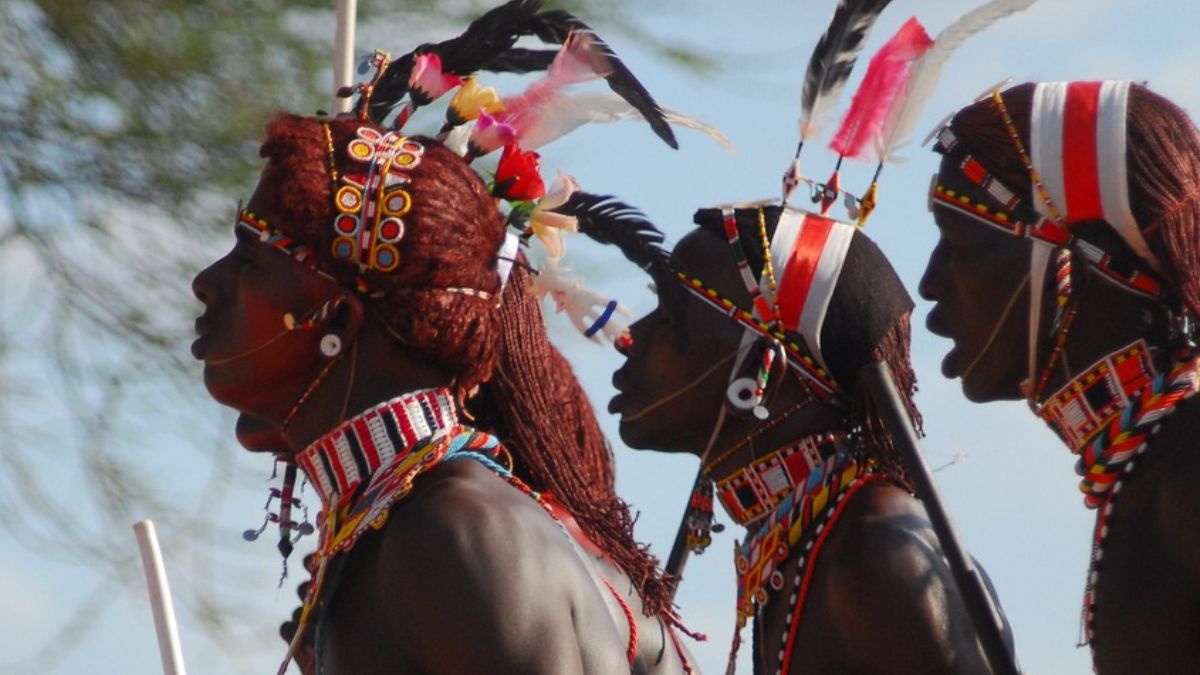
Governance Challenges and Weak Institutions
Furthermore, inadequate governance, corruption, and weak institutions have hampered efforts to harness Africa’s resources for sustainable development. Many African countries struggle with governance challenges, including political instability, lack of transparency, and ineffective rule of law, which undermine efforts to promote inclusive growth and equitable distribution of resources.
Infrastructure, Education, and Healthcare: Barriers to Development
Moreover, Africa faces significant challenges in terms of infrastructure, education, and healthcare, further hindering its development prospects. Inadequate infrastructure limits access to markets and stifles economic growth, while poor education and healthcare systems impede human capital development, perpetuating the cycle of poverty.
Unlocking Africa’s Potential
However, despite these challenges, Africa possesses immense potential for growth and prosperity. With its youthful population, abundant natural resources, and growing consumer markets, the continent is poised for transformation. To unlock this potential, African governments, along with international partners, must prioritize inclusive and sustainable development strategies.
Investment in Sustainable Development
Investments in infrastructure, education, and healthcare are essential to building the foundation for long-term growth and prosperity. Improving governance and transparency can help combat corruption and ensure that the benefits of resource wealth are shared equitably among the population. Additionally, fostering a conducive environment for investment and entrepreneurship can spur economic diversification and create opportunities for job creation and wealth generation.
Overcoming the Paradox
Harnessing Africa’s potential will require a concerted effort from governments, civil society, and the private sector. By addressing the root causes of poverty and inequality, promoting sustainable development, and fostering inclusive growth, Africa can overcome its paradox of plenty and fulfill its promise as a continent of prosperity and opportunity. Africa’s status as a continent rich in resources with poor people is a complex and multifaceted issue rooted in historical legacies, governance challenges, and structural barriers. However, with concerted efforts and strategic investments, Africa can overcome these challenges and realize its full potential as a vibrant and prosperous continent.
